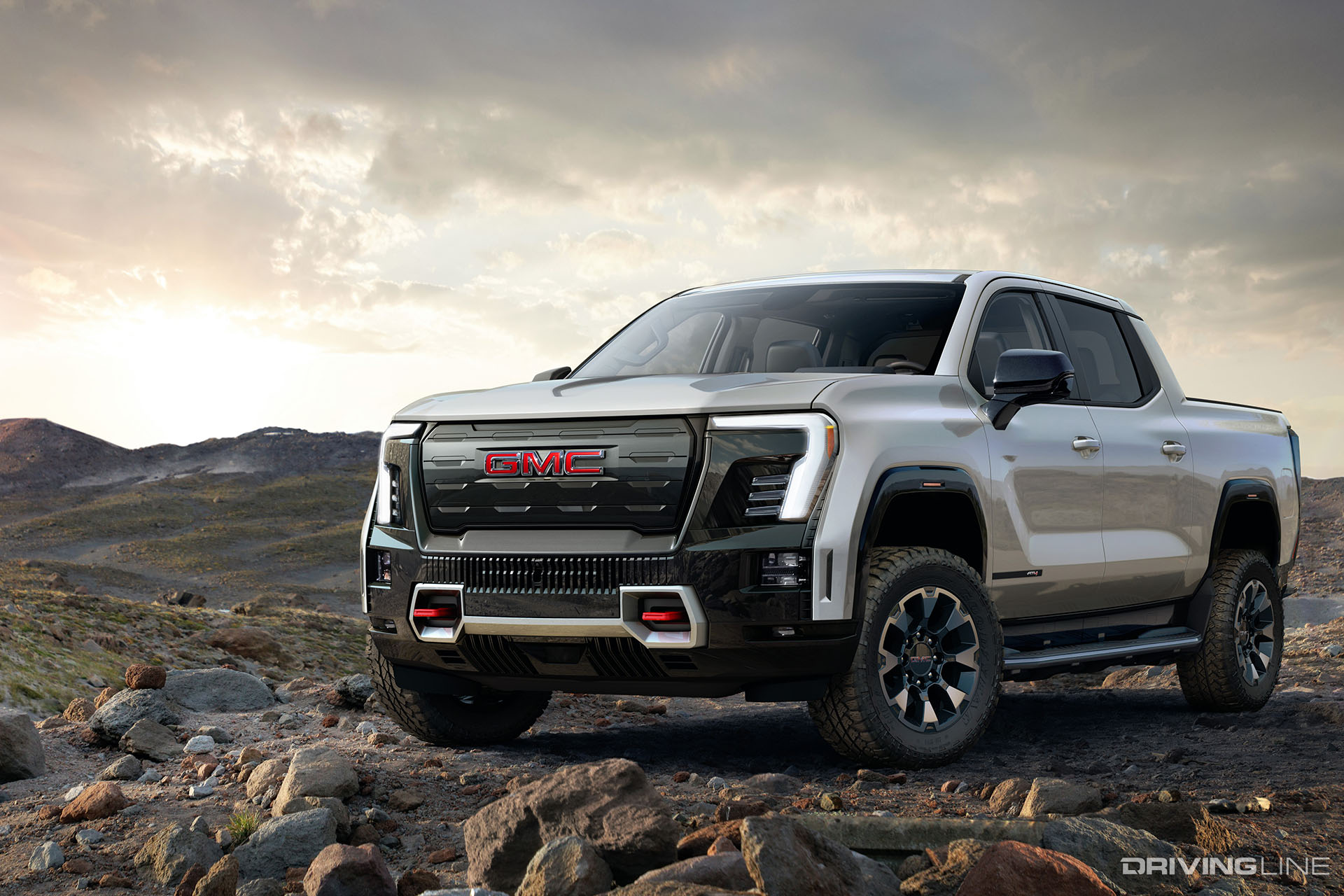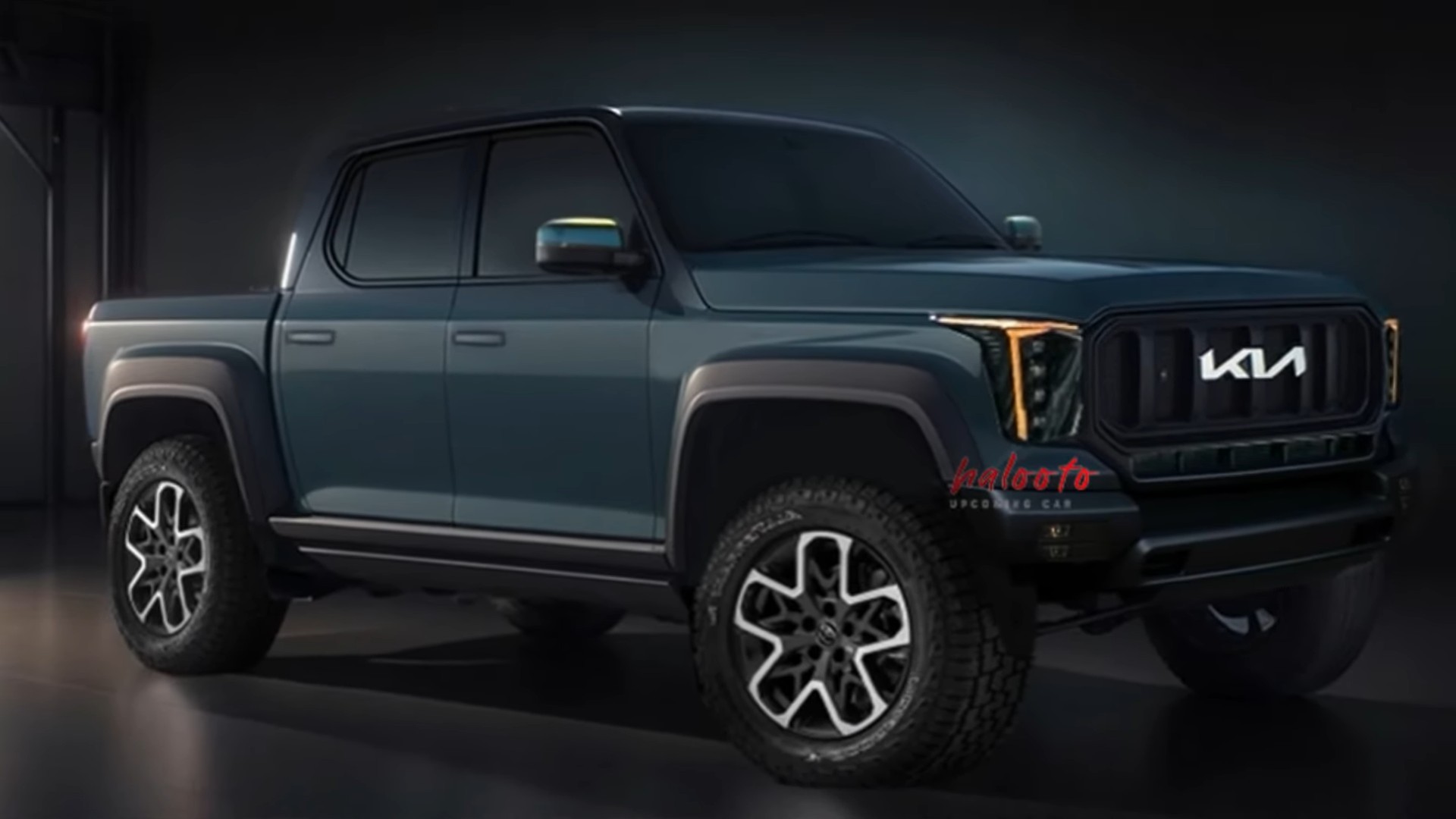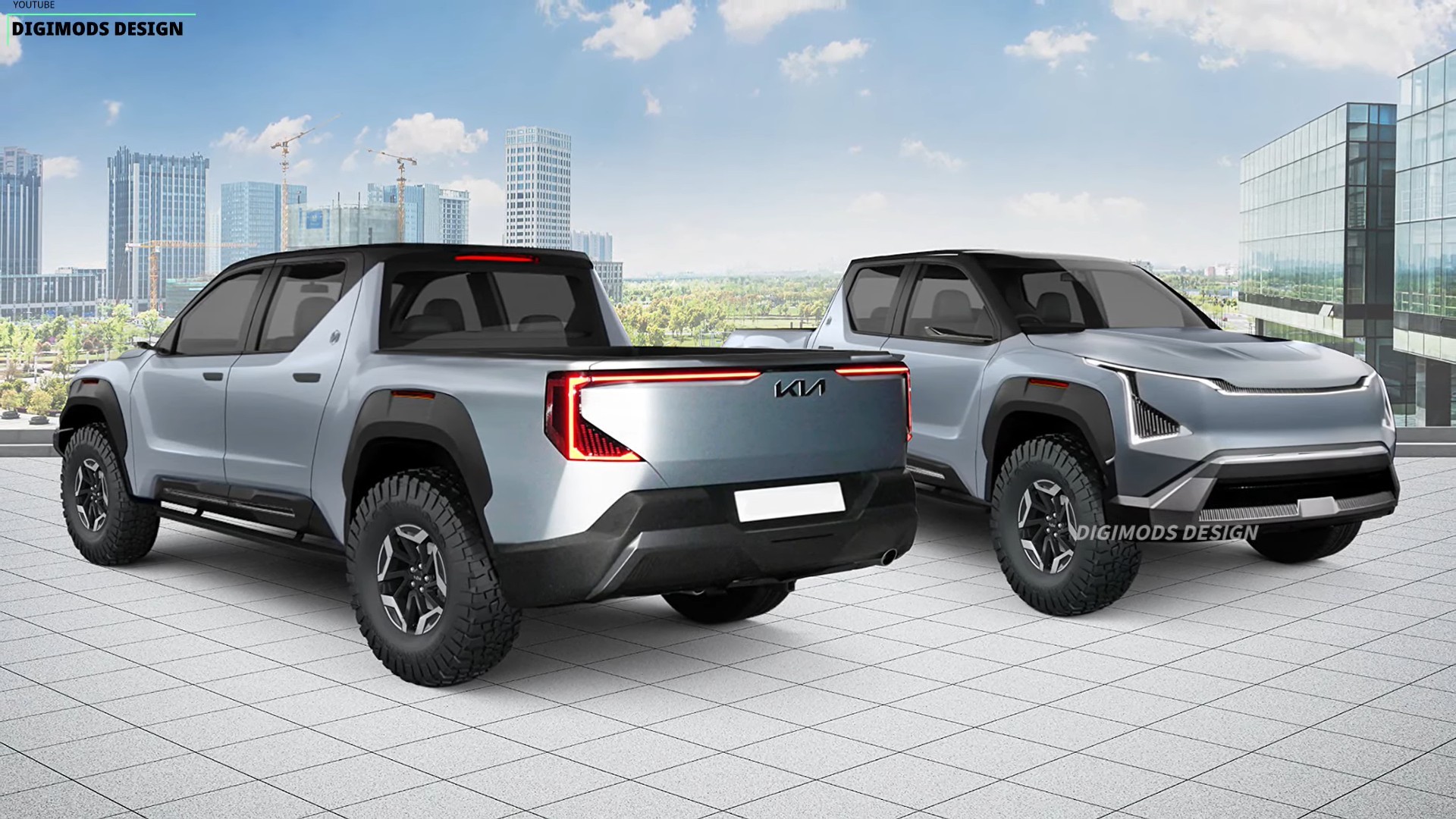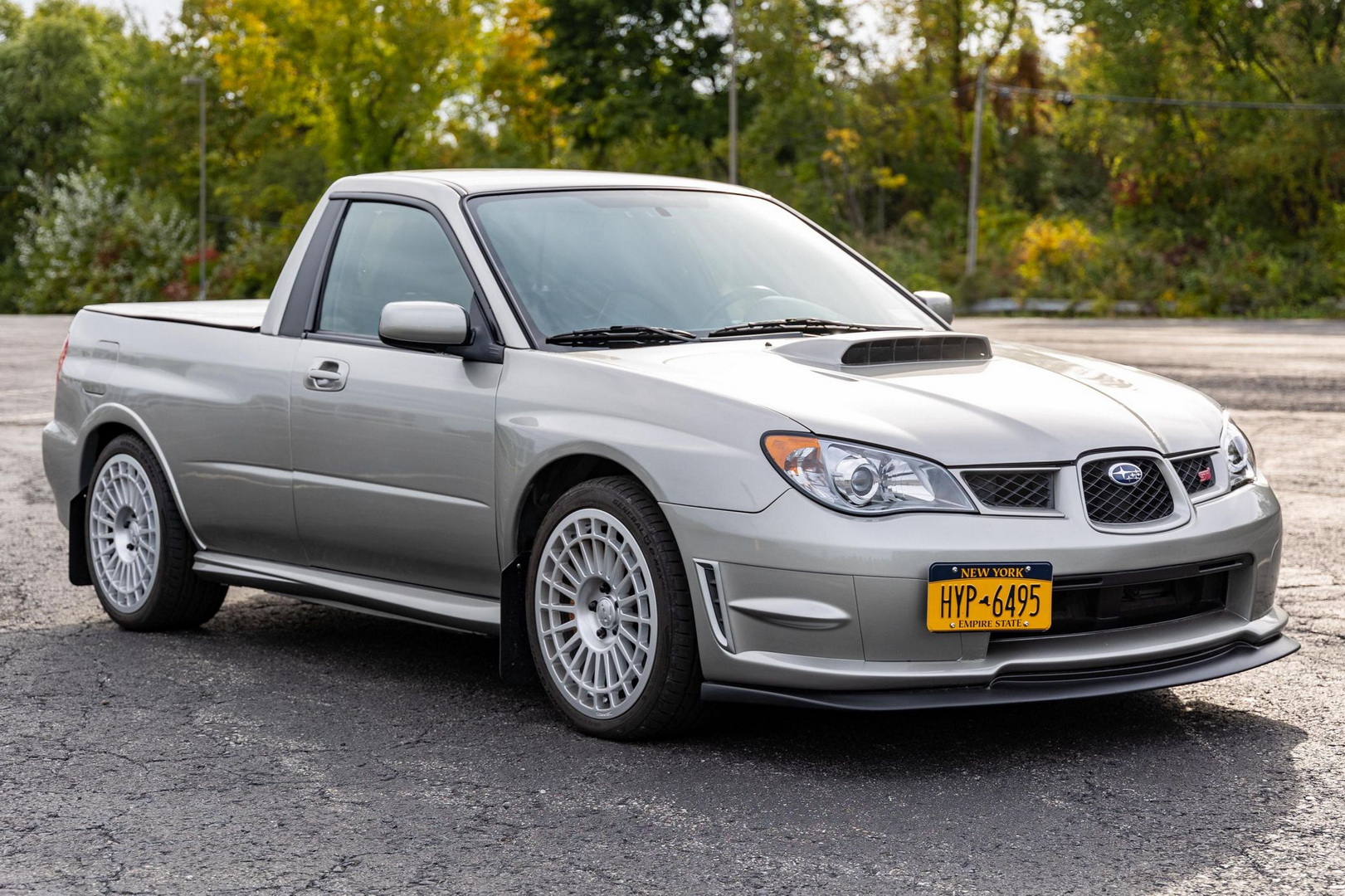Pickup Trucks With Plows For Sale: Your Ultimate Guide to Snow Removal Power pickup.truckstrend.com
As winter approaches, the thought of clearing snow from driveways, parking lots, and access roads can be daunting. For homeowners with large properties, businesses needing to maintain clear access for customers, or entrepreneurs looking to start a lucrative snow removal service, a dedicated solution is often sought. This is where pickup trucks with plows for sale enter the picture, offering a powerful, efficient, and versatile answer to the challenges of winter weather. More than just a vehicle, a truck equipped with a snow plow transforms into a formidable snow-clearing machine, an essential tool for managing winter’s fury.
This comprehensive guide will delve into everything you need to know about purchasing a pickup truck with a plow. From understanding the benefits and types of equipment available to crucial buying considerations, maintenance tips, and where to find the best deals, we aim to provide you with the knowledge to make an informed decision and conquer the snow season with confidence.
Pickup Trucks With Plows For Sale: Your Ultimate Guide to Snow Removal Power
Why Invest in a Pickup Truck with a Plow?
The decision to acquire a pickup truck with an attached snow plow offers a multitude of benefits, extending beyond mere convenience:
- Efficiency and Time-Saving: Manual snow shoveling is arduous and time-consuming. A plow truck can clear large areas in a fraction of the time, freeing up your schedule for other tasks or allowing you to take on more snow removal jobs.
- Income Generation: For many, a plow truck is a business investment. Snow removal services are in high demand during winter months, offering a significant opportunity for supplemental or even primary income.
- Property Management: If you own a large property, a commercial lot, or multiple rental units, a plow truck is invaluable for maintaining clear and safe access, preventing slips and falls, and ensuring business continuity.
- Safety: Clearing snow and ice reduces the risk of accidents for pedestrians and vehicles. A plow truck allows you to quickly create safe pathways and driving surfaces.
- Versatility: Beyond winter, a pickup truck remains a highly versatile vehicle for hauling, towing, and various other tasks, making it a year-round asset.

Understanding Pickup Trucks for Plowing: Capacity and Compatibility
Not all pickup trucks are created equal when it comes to plowing. The immense stress and weight of a snow plow, combined with the act of pushing heavy snow, demand a robust vehicle.

Truck Classifications and Suitability:
- Light-Duty Pickups (e.g., Ford F-150, Chevy Silverado 1500, Ram 1500, Toyota Tundra, Nissan Titan): These trucks can often accommodate lighter plows, especially if equipped with a "Snow Plow Prep Package." This package typically includes heavier-duty front springs, a larger alternator, and sometimes upgraded cooling systems. They are suitable for residential driveways and light commercial use. However, pushing very heavy, wet snow or continuous commercial operation can quickly wear down components not designed for such stress.
- Heavy-Duty Pickups (e.g., Ford F-250/F-350, Chevy Silverado 2500HD/3500HD, Ram 2500/3500, GMC Sierra 2500HD/3500HD): These are the workhorses of the plowing world. Designed with stronger frames, suspensions, axles, and more powerful engines, they are ideal for handling larger, heavier plows and sustained commercial use. They can clear larger parking lots, private roads, and handle deep, wet snow with greater ease and less strain on the vehicle.

Key Truck Specifications to Consider:
- Gross Vehicle Weight Rating (GVWR): The maximum operating weight of the truck, including its own weight, passengers, cargo, and the plow.
- Gross Axle Weight Rating (GAWR): The maximum weight that can be supported by each axle. The front GAWR is particularly important for plowing, as the plow adds significant weight to the front end.
- Payload Capacity: The maximum weight of cargo a truck can carry. The plow’s weight directly impacts this.
- Plow Prep Package: As mentioned, this factory option is highly recommended for any truck intended for plowing, even light-duty models.
- Engine: Diesel engines often provide more low-end torque and better fuel efficiency for heavy-duty work, though powerful gasoline engines are also capable.
- Transmission: Heavy-duty automatic transmissions are generally preferred for plowing due to their smooth power delivery and ease of use.
Types of Snow Plows and Their Features
The plow itself is as crucial as the truck. Different plow designs and features cater to various plowing needs:
- Straight Blade Plows: The most common and economical type. A single, straight blade that pushes snow forward or to one side. Ideal for clearing long driveways and open areas.
- V-Plows: Consist of two hinged wings that can be configured into a "V" shape (for breaking through deep snow), a scoop (for piling), or a straight blade. Highly versatile for different snow conditions and maneuvering.
- U-Plows (Pusher Plows): Often box-shaped, these are large, heavy-duty plows designed for moving massive volumes of snow in open areas like large parking lots. They are typically used with larger trucks or even loaders.
- Plow Materials:
- Steel: Durable, heavy, and typically more affordable.
- Poly (Polyethylene): Lighter, non-stick (snow slides off easily), and resistant to rust.
- Stainless Steel: Offers excellent rust resistance and a sleek appearance, but typically more expensive.
- Attachment Systems:
- Front Mount: The most common, attaching to a frame-mounted receiver or specific plow mount. Allows for quick attachment and detachment.
- Rear Mount: Less common for pickups, but some systems allow for plowing in reverse, useful for certain applications.
- Popular Plow Brands: Western, Meyer, Boss, Fisher, SnowEx, Blizzard are among the leading manufacturers, known for their robust designs and reliable hydraulics.
Key Considerations When Buying a Pickup Truck with a Plow
Purchasing a pre-equipped truck and plow requires careful evaluation. Whether new or used, here’s what to look for:
1. New vs. Used:
- New: Offers the latest technology, full warranty, and no hidden issues. Higher initial cost.
- Used: Significant cost savings. Requires thorough inspection. Potential for pre-existing wear and tear or maintenance issues.
2. Truck Condition (for Used Vehicles):
- Frame and Undercarriage: Inspect for rust, especially around the plow mounting points. Heavy plowing can cause frame stress.
- Suspension: Check springs, shocks, and ball joints for wear. The added weight of a plow puts immense strain on the front suspension.
- Tires: Look for heavy-duty, all-terrain, or winter tires with good tread.
- Brakes: Ensure brakes are in excellent condition, as stopping a heavy truck with a plow requires robust stopping power.
- Engine & Transmission: Listen for unusual noises. Check fluid levels and clarity. Look for leaks. A pre-purchase inspection by a trusted mechanic is highly recommended.
- Electrical System: Plowing demands a lot from the electrical system (lights, hydraulics). Check battery health, alternator output, and all wiring for corrosion or damage.
3. Plow Condition:
- Hydraulics: Inspect hoses, cylinders, and pump for leaks or damage. Test the plow’s movement (up, down, angle) thoroughly.
- Blade: Check the cutting edge for wear or damage. Ensure it’s replaceable.
- Mounting System: Verify all pins, bolts, and connecting hardware are present and in good condition.
- Lights: Ensure all plow lights (if separate) are working correctly and properly aimed.
- Rust: While some surface rust is normal, excessive rust on the moldboard or frame can indicate neglect or structural weakness.
4. Compatibility:
- Truck-Plow Match: Ensure the plow’s weight and dimensions are within the truck’s manufacturer-specified limits (refer to the truck’s owner’s manual or a dealer). Overloading can lead to safety hazards and premature wear.
- Wiring Harness: Confirm the truck has the correct wiring harness for the plow.
5. Documentation:
- Maintenance Records: Essential for used vehicles to understand past issues and upkeep.
- Plow Manuals: Important for operation, maintenance, and troubleshooting.
Where to Find Pickup Trucks with Plows for Sale
Finding the right setup involves exploring various avenues:
- New Car Dealerships: Often have new trucks with factory plow prep packages, and some may offer plow installation as an option.
- Used Car Dealerships: Many specialize in commercial vehicles or have a dedicated section for trucks.
- Specialized Equipment Dealers: Businesses that sell snow removal equipment, landscaper supplies, or heavy machinery often have used plow trucks.
- Online Marketplaces: Websites like Craigslist, Facebook Marketplace, eBay Motors, and dedicated commercial vehicle sites (e.g., TruckPaper.com, EquipmentTrader.com) are excellent for finding private sellers.
- Auctions: Government surplus auctions or heavy equipment auctions can yield good deals, but require a higher level of buyer expertise and risk tolerance.
- Local Classifieds & Word-of-Mouth: Don’t underestimate local listings or asking around in your community.
Practical Advice and Actionable Insights
- Set a Realistic Budget: Factor in not just the purchase price but also potential repairs, insurance, fuel, and ongoing maintenance.
- Get a Pre-Purchase Inspection: For any used truck, invest in a professional mechanic’s inspection, especially one familiar with commercial vehicles or plow setups.
- Test Drive Extensively: Drive the truck with the plow attached (if possible) to feel the weight distribution and test the hydraulics. Drive it without the plow too.
- Negotiate: Always negotiate on price, especially for used equipment. Be prepared to walk away if the deal isn’t right.
- Understand Local Regulations: Some municipalities have specific regulations regarding plowing, commercial operations, or vehicle weight limits.
- Consider Insurance: Ensure your vehicle insurance covers commercial plowing operations if you plan to use it for business.
Operating and Maintaining Your Plow Truck
Once you’ve purchased your truck, proper operation and maintenance are crucial for longevity and safety:
- Safety First: Always wear appropriate safety gear. Be aware of your surroundings, especially hidden obstacles. Plow slowly and deliberately.
- Proper Plowing Techniques: Start with lighter passes. Angle the plow to push snow efficiently. Avoid hitting curbs or obstacles. Practice in an open area before tackling complex jobs.
- Regular Maintenance:
- Pre-Season Check: Inspect all plow components, hydraulics, electrical connections, and vehicle fluids.
- During Season: Check fluid levels (engine oil, transmission fluid, hydraulic fluid) frequently. Inspect the cutting edge for wear. Clean and lubricate moving parts.
- Post-Season Storage: Clean the plow thoroughly, lubricate all pivot points, apply anti-corrosion spray to exposed metal parts, and store it in a dry location. Disconnect the electrical system.
- Tires: Maintain proper tire pressure. Consider dedicated winter tires for optimal traction.
- Weight Distribution: If possible, add ballast weight to the truck bed (e.g., sandbags) to improve rear axle traction, but always stay within the GVWR.
Pricing Guide: Pickup Trucks With Plows For Sale (Estimated Ranges)
Prices for pickup trucks with plows vary significantly based on the truck’s make, model, year, mileage, condition, the plow’s brand and type, and whether it’s new or used. The table below provides estimated ranges to give you a general idea. Always expect local market variations.
| Category | Truck Type | Plow Type | Estimated Price Range (USD) | Key Factors Influencing Price |
|---|---|---|---|---|
| Used – Entry Level | Light-Duty (Older) | Straight Blade | $8,000 – $18,000 | Age (10+ years), high mileage, cosmetic wear, basic plow |
| Used – Mid-Range | Light-Duty (Newer) | Straight/V-Plow | $18,000 – $35,000 | Mid-range age (5-10 years), moderate mileage, good condition |
| Used – Commercial Grade | Heavy-Duty (Older) | Straight/V-Plow | $25,000 – $45,000 | Older heavy-duty, higher mileage, built for work |
| Used – Premium/Recent | Heavy-Duty (Newer) | V-Plow/U-Plow | $45,000 – $70,000+ | Recent models (3-5 years), lower mileage, well-maintained |
| New – Light-Duty w/ Plow | Light-Duty (New) | Straight Blade | $55,000 – $75,000+ | Base model truck + plow, includes warranty |
| New – Heavy-Duty w/ Plow | Heavy-Duty (New) | V-Plow/U-Plow | $70,000 – $100,000+ | Higher trim truck + premium plow, full warranty, custom options |
Note: These prices are estimates only and can fluctuate greatly based on geographic location, specific vehicle options, plow features, and market demand. Always verify prices with sellers and inspect vehicles thoroughly.
Frequently Asked Questions (FAQ) about Pickup Trucks with Plows
Q1: Can I put a plow on any pickup truck?
A1: No. While many pickups can be fitted with a plow, it’s crucial to check the truck manufacturer’s specifications (especially the GVWR, GAWR, and whether it has a plow prep package) and the plow manufacturer’s compatibility guide. Heavy-duty trucks are generally better suited for plowing than light-duty models.
Q2: How much does a new snow plow typically cost?
A2: A new snow plow itself can range from $4,000 for a basic straight blade for a light-duty truck to $8,000 – $12,000+ for a heavy-duty V-plow, not including installation.
Q3: What maintenance is required for a snow plow?
A3: Regular maintenance includes checking hydraulic fluid levels, inspecting hoses for leaks, lubricating pivot points, checking electrical connections, inspecting the cutting edge for wear, and cleaning/waxing the blade for smooth operation. Proper off-season storage is also critical.
Q4: Is it difficult to install or remove a snow plow?
A4: Modern snow plows are designed for quick attachment and detachment. Once the initial mounting frame is installed on the truck (which can be a professional job), connecting or disconnecting the plow typically takes only a few minutes with practice.
Q5: Do I need special tires for plowing?
A5: Yes, while all-terrain tires might suffice for light use, dedicated winter tires or aggressive mud-terrain tires with good siping are highly recommended for superior traction on snow and ice. Chains can also be beneficial in extreme conditions.
Q6: How does plowing affect my truck’s warranty?
A6: Plowing can put significant stress on a truck’s components. If a truck does not have a "Plow Prep Package" or is not rated for plowing by the manufacturer, using a plow might void certain warranty components (e.g., front suspension, transmission) if damage is directly attributed to plowing. Always check your vehicle’s warranty terms.
Conclusion
A pickup truck with a plow for sale represents more than just a vehicle; it’s an investment in preparedness, productivity, and peace of mind during the harsh winter months. Whether you’re a homeowner looking to manage your property, a small business aiming to ensure accessibility, or an entrepreneur seeking to capitalize on the demand for snow removal services, the right truck and plow combination can be an invaluable asset.
By carefully considering the truck’s capacity, the plow’s features, and thoroughly inspecting any used equipment, you can acquire a robust and reliable snow-clearing solution. Remember to prioritize safety, adhere to proper maintenance schedules, and understand the financial and legal implications. With diligence and informed decision-making, you’ll be well-equipped to face the winter season head-on, turning daunting snowfalls into manageable tasks.
